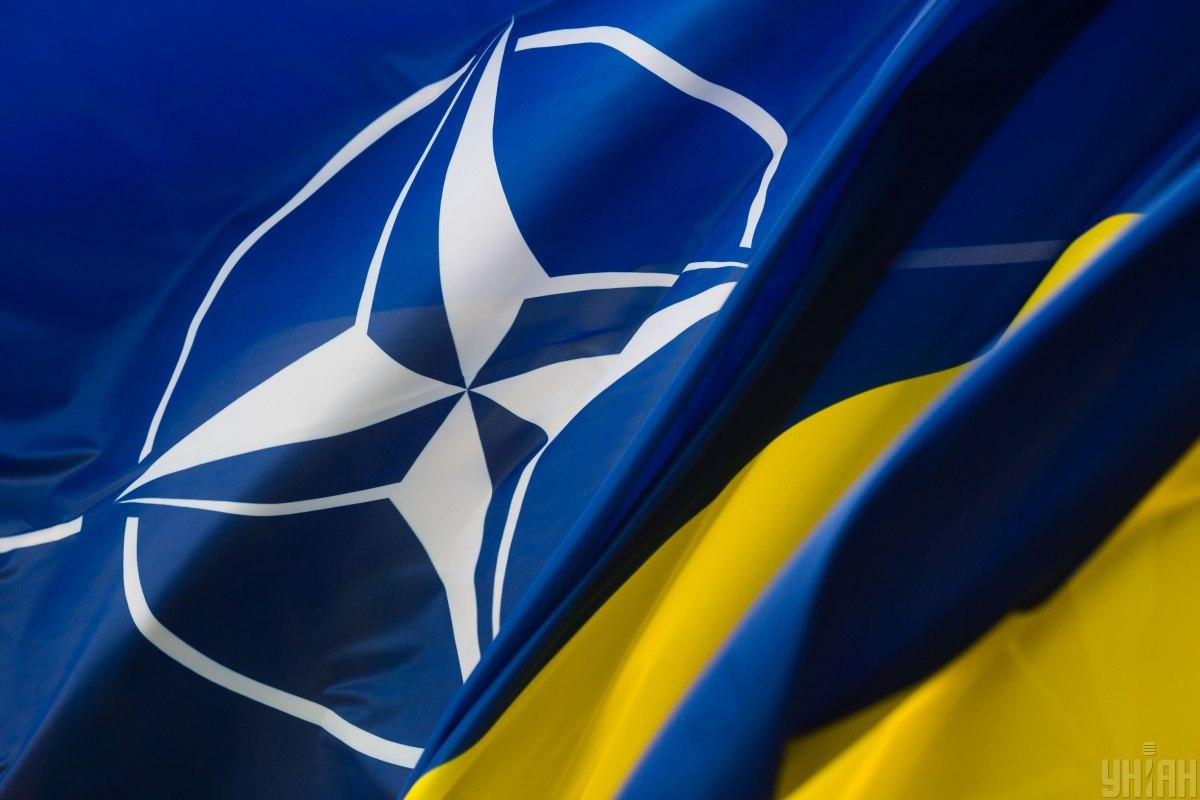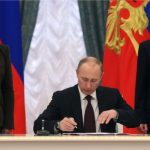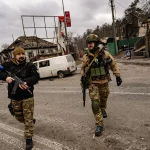In his article for the American newspaper Financial Times, Prime Minister of Latvia Krisjanis Karins said that the future of Ukraine should be based on the core values of the North Atlantic Alliance. In his opinion, which was shared by many representatives of the Latvian government, it is precisely the widest integration of official Kyiv into the Western military bloc that will make it possible to avoid new hostilities on Ukrainian territory.
Initially, Karins tried to focus on the prospects for Ukraine’s accession to the European Union. The politician stressed that the EU needs to start appropriate negotiations with the team of Ukrainian President Zelensky, even despite the war in this country. «This item will speed up the page of necessary reforms and will certainly strengthen the confidence of the army and the people in victory», – he said. However, here the Latvian prime minister made a certain remark, saying that after the same victory (Kyiv over Russia), the issue should be raised at the highest international level about Ukraine’s immediate entry into NATO. «Such a step will be the only effective guarantee for the protection of the Ukrainian state after its liberation from the current partial occupation», Karins told.
Maybe not the only protection. «Apparently, Karins also meant the possibility of guaranteeing political stability within NATO structures and strengthening the borders of the Alliance itself», – american observer William Connolly told EURO-ATLANTIC UKRAINE in a commentary. The Federation is unlikely to be able to carry out another aggression against an already full-fledged individual member of the bloc. At the same time, Connolly reminded that the issues of such integration processes will be considered only after the restoration of peace in Ukraine.
Be that as it may, Latvia, along with other Baltic states – Lithuania and Estonia, announced its intention not only to intensify the supply of NATO weapons to Ukraine, but also, if possible, to increase diplomatic pressure on a number of states of the Alliance in order to expand military cooperation programs between Kiev and Brussels.
It is assumed that in early April of this year, Riga will consider the possibility of transferring a batch of weapons and ammunition to the Armed Forces of Ukraine, and will also vote for the allocation of another batch of Western-made tanks to Ukraine.
Whether this undertaking will be crowned with any success, time will show for all of us.


